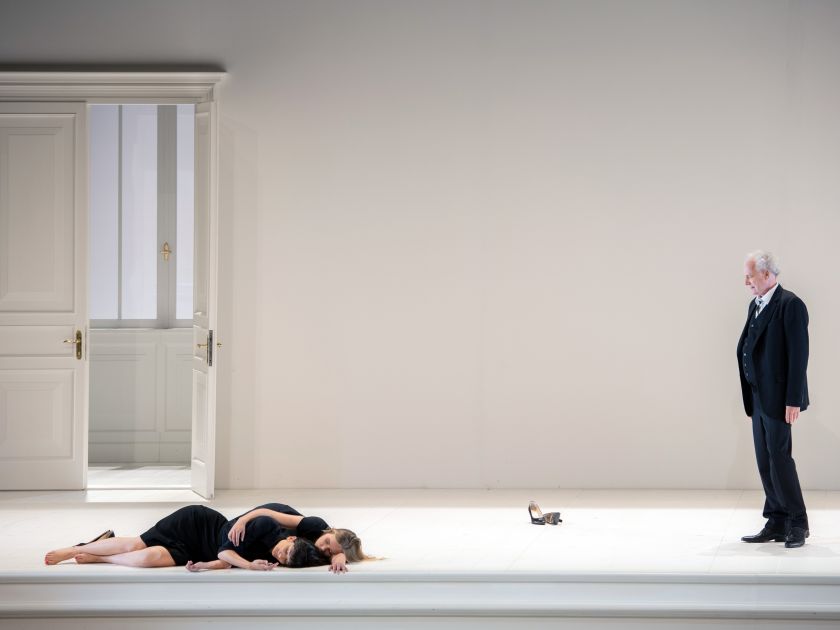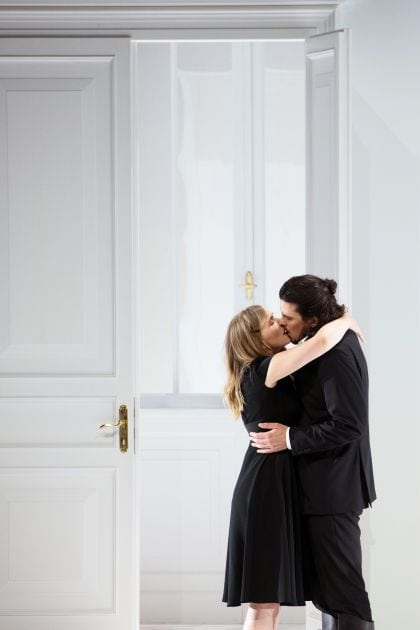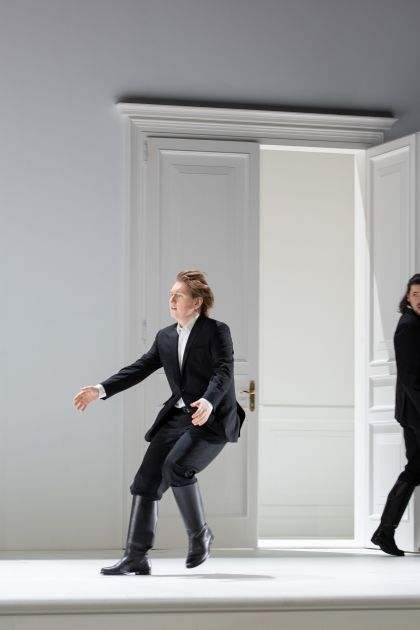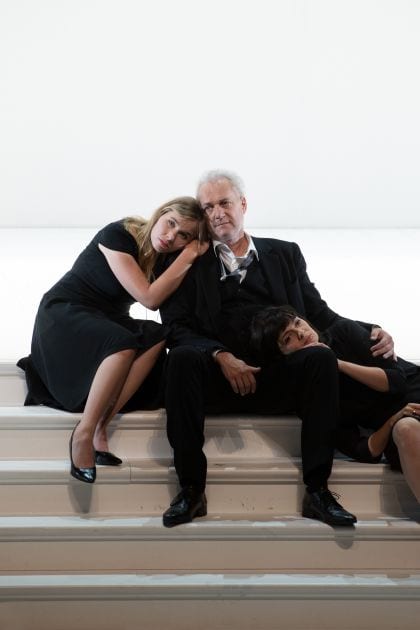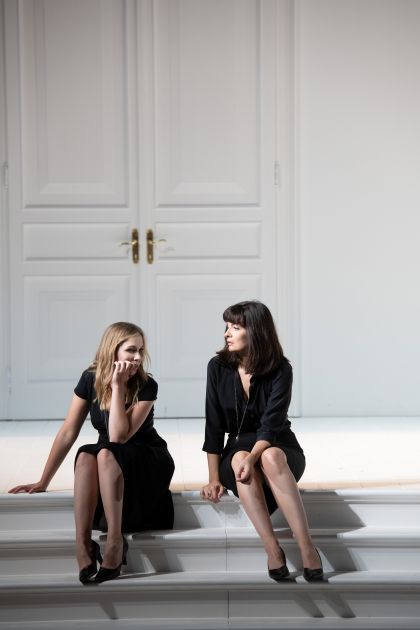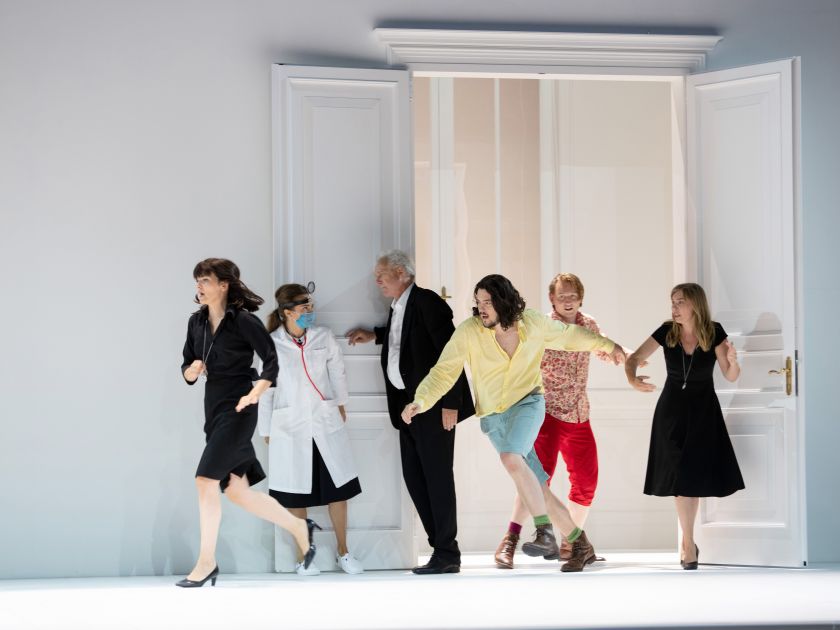„Wie sich doch in einem Augenblick mein ganzes Schicksal wendete!“
Videos
Produktionsfotos
Weitere Informationen & Downloads
ÜBERTRAGUNGSTERMINE
- LIVE ARTE - | So, 2. August 2020, 17:00
- ARTE Concert - | So, 2. August 2020, 17:00
-
Siemens Fest>Spiel>Nächte -
Kapitelplatz | So, 2. August 2020, 17:00 - ORF2 - | Fr, 7. August 2020, 20:15
- Ö1 - | Sa, 15. August 2020, 19:30
- BR-Klassik - | Sa, 15. August 2020, 19:30
-
Public Viewing -
Pernerinsel Hallein | Sa, 15. August 2020, 20:00 -
Kino Korea (Megabox) -
| So, 16. August 2020, 14:00 (Ortszeit) -
Siemens Fest>Spiel>Nächte -
Kapitelplatz | Mi, 19. August 2020, 20:00 - ARD Radiofestival - | Sa, 22. August 2020, 20:04
Programm Navigator
Teilen

